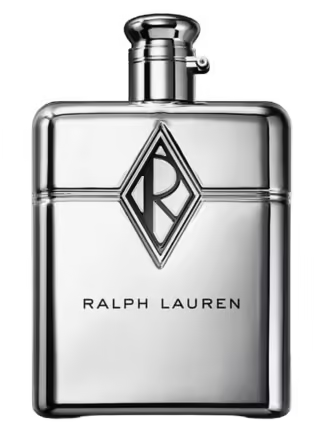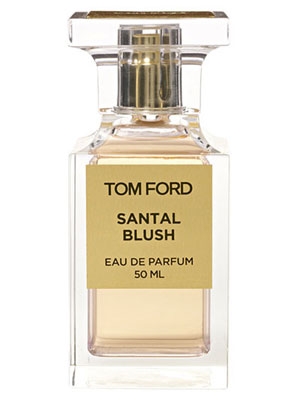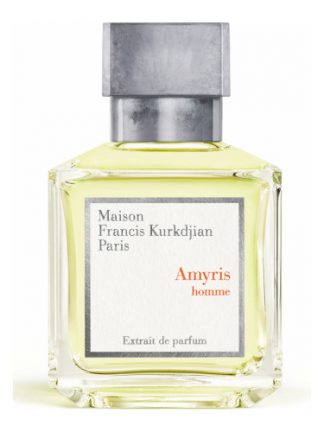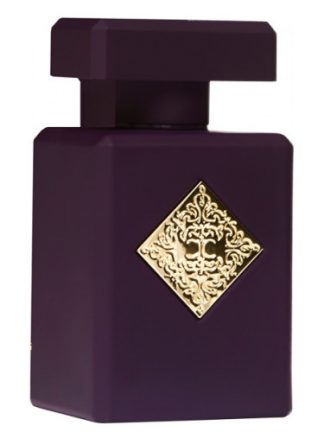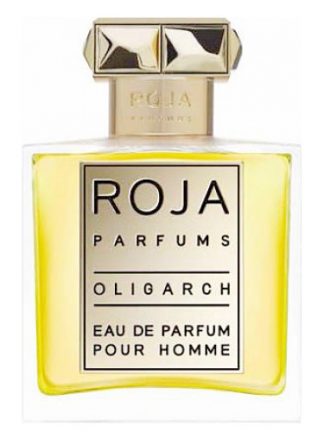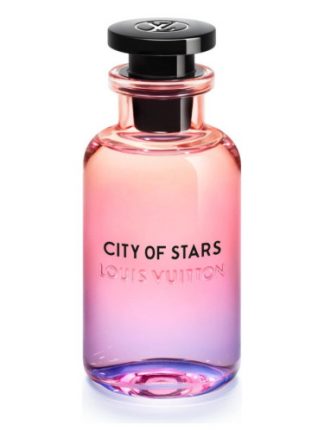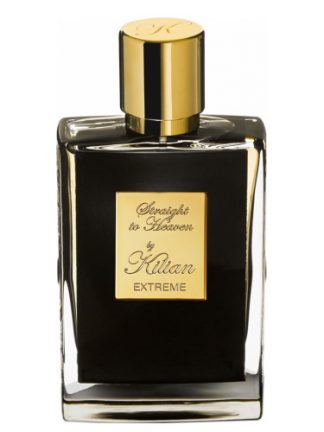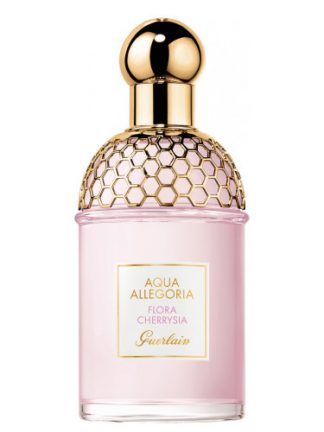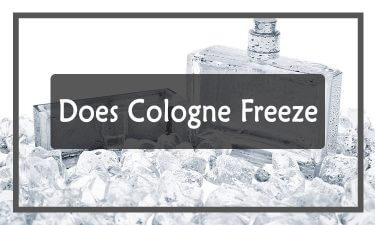
One of the exciting topics that grab many people’s attention is “Does cologne freeze?” Besides an interesting thing to know, it is actually a concern for the people who lived in the cold countries.
Well, it is normal to have questions like this coming to mind as hot weathers affect the cologne, the cold one can also have. But, luckily, we have found that cologne is a stubborn substance that doesn’t get frozen and affected near the freezing point of -32 degrees Fahrenheit or 0 degrees Celsius.
It is basically due to the presence of a high amount of ethanol. The more it contains ethanol, the lower the freezing temperature will be needed to freeze the colognes. Only the pure alcohol starts getting frozen at temperatures of -173 degrees Fahrenheit or -114 degrees Celsius.
We have also conducted a personal experiment at 0 degrees Celsius to get the exact answer of “Does cologne freeze?” Continue reading to know more in detail.
Does Cologne Freeze?
Generally, most colognes come with a minimum alcohol content of as low as 80%. Similarly, the alcohol concentration can be as high as 95%.
The cologne freezing temperature largely depends on this ethanol concentration. Therefore, the more it will, the more it will prevent the cologne from getting frozen. Additionally, the cologne glass bottles also play a vital role in the freezing process.
However, colognes are made using a combination of alcohol and essential oils. It makes the colognes freezing a rare and surprising sight to witness.
That’s why we have experimented with checking and confirming whether the cologne freeze at the freezing point or not. Let’s start this:
What Happens If Cologne is Exposed to Freezing Temperatures?
We have personally conducted some experiments to determine what really happens if perfume is out to freezing temperatures. So naturally, we have chosen one of the best and bold fragrances for conducting these, namely, Daarej Pour Homme Rasasi Cologne.
The testing conditions that we have finally got while doing our analysis are:
Night
We leave the cologne under the snow for a whole night (at least 9 hours). And luckily, that night, there was constant snowfall without any halts, which made our job more manageable.
Temperature
While leaving and taking out, we have checked both of the temperatures for making an estimation. At night, the outside temperature we have got is -32 degrees Fahrenheit or 0 degrees Celsius.
On the other hand, it was -37.4 degrees Fahrenheit or 3 degrees Celsius in the morning. And the lowest drop in the temperature during the night was -24.8 degrees Fahrenheit or -4 degrees Celsius.
Disclosure of Our Experiment Results
You will be stunned to know, but our courageous selected cologne made it successfully throughout the entire night without freezing even a bit. Furthermore, these perfumes made it sturdily to the next day without any cracks on its glass bottle, let alone breaking the glass.
The temperature was also not too extreme that night. Yet, it was below the freezing point and was enough to make a thing frozen to death without having any protection.
But cologne even defeated the freezing point and emerged as a winner!!!
After taking the cologne out from the deep snow, we kept it at normal room temperature for about 1 hour to see another thing. Whether the scent still has the same smell and charisma or not!!!
We were excited to find the result as you are now. So after the passage of 1 hour, I sprayed the cologne on my wrist, and the result was shocking, to be honest.
There were no changes in the smell, even for a bit; it still has the same aroma and charisma to attract people and make you feel confident about yourself.
Result That We Have Finally Reached
Cologne does not freeze near to the freezing point or a little below the freezing point. That is because the colognes ethanol (ethane+ alcohol) content is used to dilute the essential oils. However, there is more to it; this ethanol, in addition, keeps the colognes safe overnight and even if left outside directly on the ground covered with snow.
Most of us who were involved with this experiment were extremely shocked and amazed after facing reality. Well, it was bound to be. Who could think that the cologne we use doesn’t freeze and scents remain the same even at 0 degrees Celsius that is too covered with full snow?
Probably, No one, Right!!!
That’s something which has happened with us also.
It is the heat that tends to influence the cologne and essential oils more than freezing. Most of the best brands of colognes are packed in amber glasses. Do you know why?
It is because these amber glasses restrict the amount of direct sunlight from making its route directly to the liquid.
Hence, it is undoubtedly one of the main reasons why the best brands get their colognes packed in amber glasses.
What is the Main Reason for Having Difficulties Calculating the Cologne Freezing Time?
Many experiments are conducted to determine the exact cologne freezing time. But every time an experiment is being conducted, it was found that the precise freezing time of cologne is next to impossible to determine. Therefore, no matter how much change you bring to an experiment or even do a whole new experiment, you will get the same result.
Actual Reason for Determination of Cologne Freezing Time
We know colognes are packed in glass bottles and then are packed in a sturdy metal box while shipping it to varied places for selling. If you have not got the point yet, let me make you understand in simple terms:
The glass bottle will get frozen much quickly compared to cologne. In fact, it may even get started getting crack on the bottle, but still, you will find that the cologne is not frozen yet or has only got started to get frozen.
It is because glass is an amorphous solid substance. Meaning, there is no definite freezing point for the glass, which prevents us from finding the perfect freezing point for cologne. Instead, these type of amorphous substances like glass slowly gets solidify or crystallized.
This method is known as the “glass transition” state as it covers the entire temperature that sooner or later transforms into having both viscous and elastic properties at the same time, naming viscoelastic alterations.
Hence, the moral of the story is no one cannot give a 100% guarantee about how these glass bottles of perfume will react under extremely low or freezing temperatures.
It all depends on the material of the glass used to make these glass perfume bottles. And the whole method may get affected by the time under the negative (-ve) temperature disclosure compared to the inside negative temperature.
What is the Ideal Temperature for Storing Perfume?
Generally, the ideal temperatures for storing colognes are between 55 to 74 degrees ( 12 to 23 degrees Celsius) away from direct sunlight or any other sources from which heat may emit.
All the extreme variations in temperature should be let to settle down naturally for getting the most of a cologne.
In other words, if you bring perfume at home that was outside in cold and breezy weather following delivery or any other reasons, then it must be at first allowed to accommodate with the room temperature at least for 1 to 2 hours before using it.
To Wrap Up
So, the final breakdown of the question “Does cologne freeze?” depends on various factors and is undoubtedly a Big No at getting frozen at the freezing point.
Why? It is because cologne doesn’t get frozen and affected even for a bit at or slightly more than the freezing temperature.
Instead, it requires at least -60 Celsius to initiate its freezing procedure and gets intensified at -173 Fahrenheit or -114 Celsius.
Therefore, the people living in the cold countries have nothing to worry about their cologne getting affected. Yet, the best is to store the cologne at room temperature as it is the ideal environment for all the ingredients to work together.


